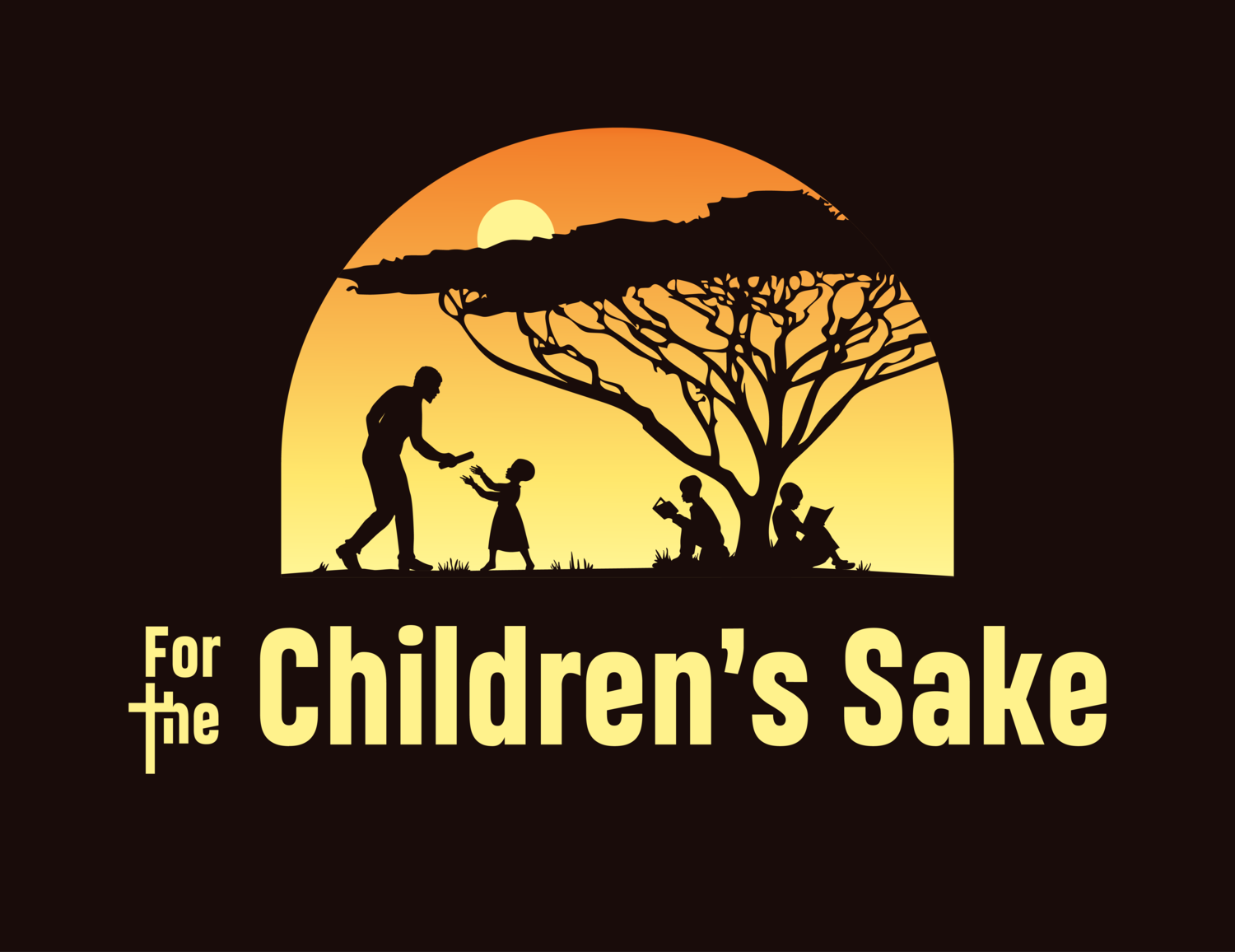Building Capacity, Not Dependence
Self-sufficiency, not dependency, is the watch-word of today's non-profit organization. Expectations in the impoverished areas of Africa are that Westerners, especially Americans, give money and meet needs. And of course, we love to do that. However, the culture of dependency that develops is one that makes it very difficult for nationals to help their own communities.
The goal of FTCSF is for those we serve to work with us as partners, to learn and implement new methods in their own schools, and to use those new skills to build self-sustaining schools. We want to never create dependency. Therefore, we carefully analyze all of our efforts to ensure we are actually building, and not undermining, the capacity of our partners to act in all of those ways.
Professional development
For the Children's Sake Foundation requires all schools that apply to be part of our professional development program agree to a partnership. We understand that school ownership, in important ways that are possible for every school, is crucial to the success of the program, and its continued implementation. We offer schools a hand through a partnership, not a handout. In Kenya and South Sudan, nationals provide Teacher Professional Development courses. These individuals have been trained by Dr. Nancy and are able to speak the language of the teachers and understand their culture, making new concepts more easily understood.
volunteers
We've been told by many Africans that when locals and school parents see Muzugus (white people) visiting the school, they believe the Director is getting money. If the Director is getting rich, then their pittance of tuition, or local business support is not actually needed anymore and they stop supporting the school. Too often, previously self-sustaining schools end up struggling due to the expectations of the parents for the Westerners to provide all that is needed.
FTCSF carefully structures volunteer opportunities in ways that won't bring about expectations of school support and hamper schools’ efforts at self-sufficiency. We don't bring volunteers to most of the places where we work for that reason.

